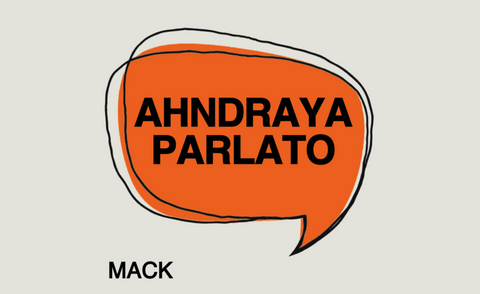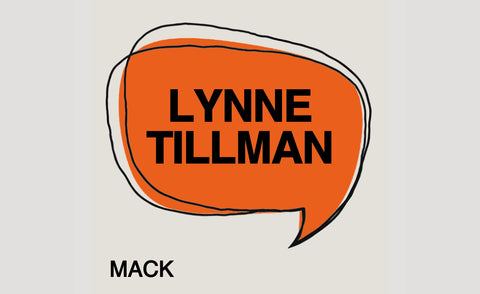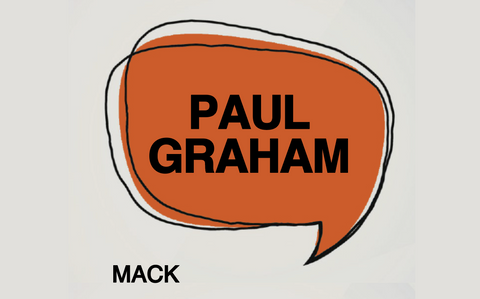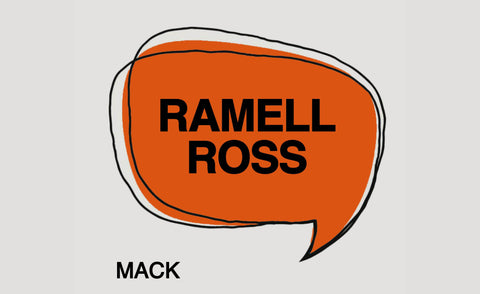Podcast

In Ep. 8 of ‘Thought Pieces’, Ahndraya Parlato reads from her multi-faceted rumination on the contradictions and complexities of motherhood, 'Who is Changed and Who is Dead'. Drawing on her own experiences as both a parent and a child, Parlato strives to find clarity around the fundamental questions of parenthood, mortality, and gender. Are her contemporary fears any different than the fears felt by mothers throughout history? Which anxieties are specific to having female children? And how is motherhood itself a construction?

In Ep. 7 of 'Thought Pieces', Collier Schorr and Angel Zinovieff give an intimate reading of 'Notes on Tricks', exploring the roles we inhabit as the photographer and the photographed, and drawing on themes of closeness, sexuality, and the rescued relics of our childhoods.

In Ep.5 of 'Thought Pieces' Ben Lerner reads his expansive prose poems from his new book ‘Gold Custody,’ which take us on a perambulatory journey through time, personal mythologies and the unraveling of the mysterious languages we inherit.

In Ep. 4, writer Lynne Tillman uncovers the hidden histories of childhood, the relentless passing of time, and a very particular vision of the misspent American youth of a boy named Roy.

In Ep.3 of ’Thought Pieces’, Paul Graham looks back on his 1980s work based in unemployment offices across the UK, reflecting on the role of social care, Thatcher’s government, and the changing status of documentary photography in the public imagination.

In Ep.2 of 'Thought Pieces' filmmaker, writer and photographer RaMell Ross reads ‘Renew the encounter,’ from But Still, It Turns, edited by Paul Graham. Part meditation and part manifesto, Ross’ text invites us to deconstruct our relationship to photography and race through dazzling, urgent prose. This essay was originally published in Film Quarterly.



